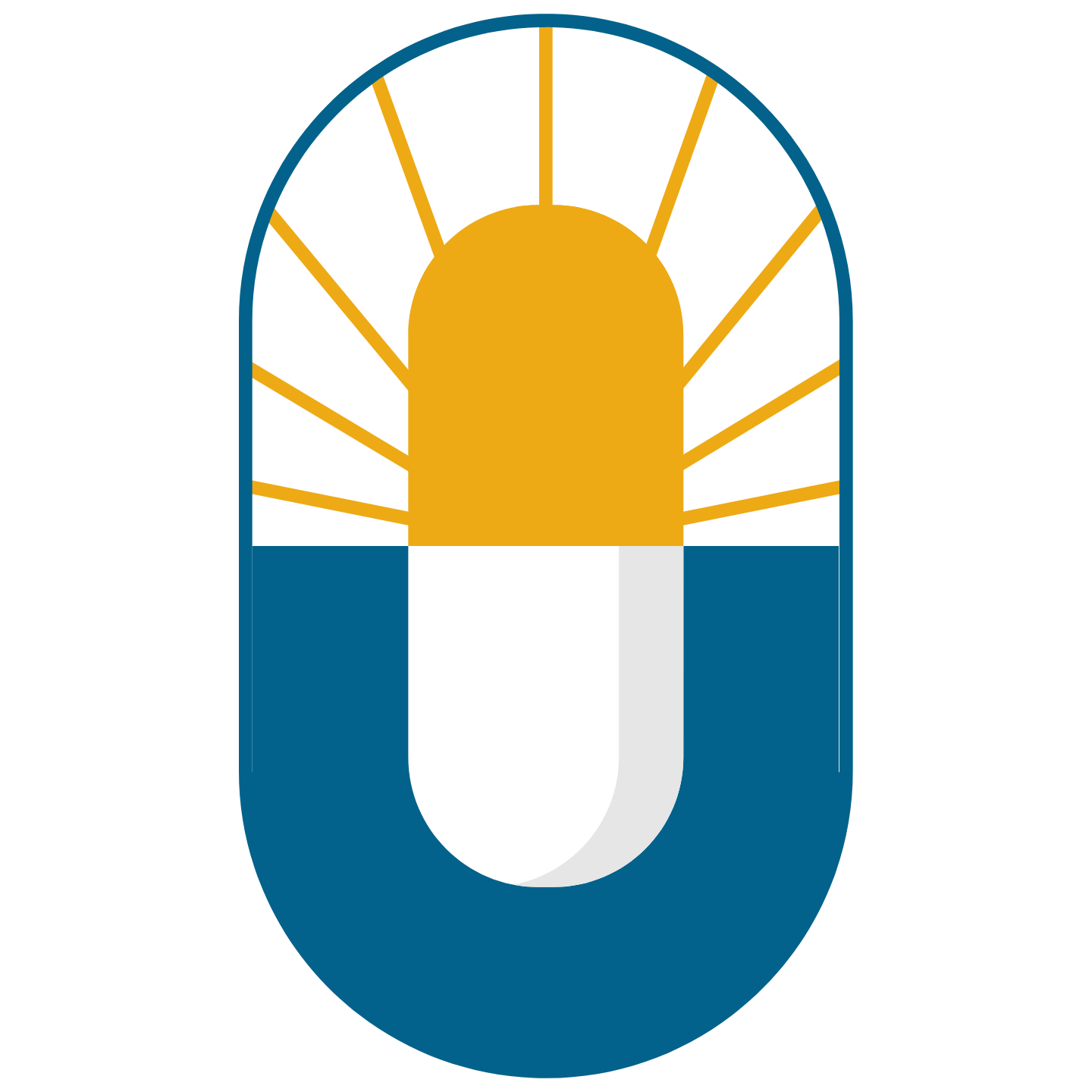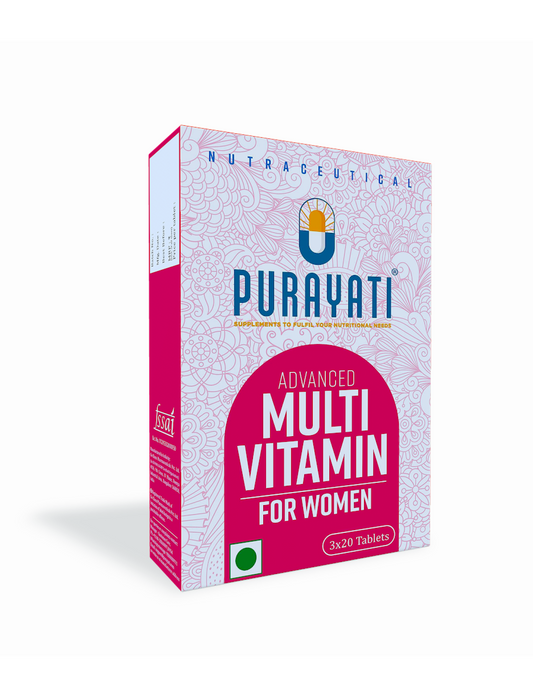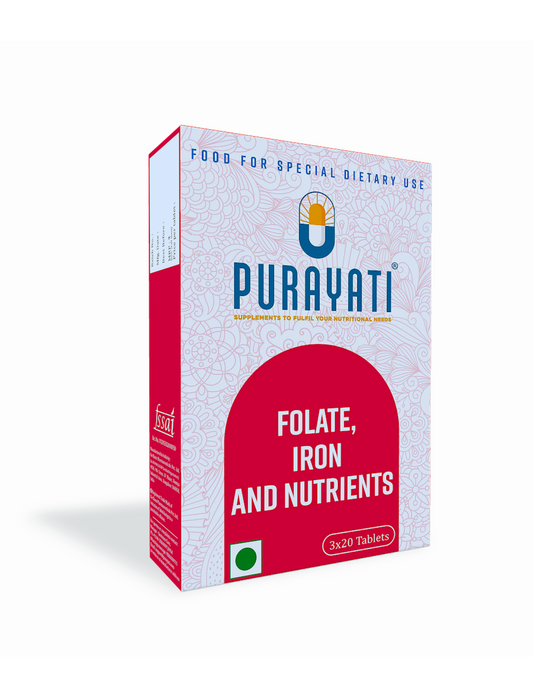Probiotics, a Greek word that means “for life”, is becoming a talked about trend due to the numerous benefits it can provide. But what are probiotics and why is it important to us? Before finding that out, it is important to know a little about our digestive system.
There are a large number of microorganisms that live in our digestive tracts, almost 100 trillion of them. These organisms have a symbiotic relationship with us, in that they are beneficial to us as much as we are beneficial to them. They are good for us and help us in various ways. These intestinal organisms give nutrients to the human body, help improve the immune system as well as act as an aid towards fighting off infections caused by harmful microorganisms.
It is possible and necessary for us to ensure that the intestinal microorganisms have a favorable environment to function effectively. Probiotics and prebiotics, when introduced in the diet, can ensure that the intestinal microorganisms are in favorable conditions and those organisms help the human body.
What Are Probiotics?
Microorganisms that are beneficial to us when ingested are called probiotics. Probiotics, when consumed, add to the microbiome, the ecosystem of healthy bacteria found in the digestive tract of a person. Many probiotics are bacteria from the Lactobacillus and Bifidobacterium family. Lactobacillus is most commonly found in milk and milk products. Yeast is also a good source of probiotics.
There are a few natural probiotics found in the food we consume, like yogurt, Kefir, Kimchi, Miso and even pickles. Natural probiotics is a great way to ensure that you get your desired intake of probiotics through consumption of food.
However, sometimes that is not enough, which is why probiotics can also be taken in the form of extra dietary capsules. Probiotics need a conditional environment to function best. In order to make that environment, we often use prebiotics.
What Are Prebiotics?
Prebiotics is a non-digestible food constituent that benefits the microorganisms living in the digestive tract by simulating their growth. Prebiotics and probiotics are often used together, with prebiotics being an additional supplement apart from probiotics.
While there is natural prebiotics, there are also supplements which will ensure that you get the needed amount of prebiotics and probiotics. Naturally, prebiotics occurs in onion, garlic, leeks, barley, oats, apples and bananas.
Prebiotics and Probiotics
While probiotics are the microorganisms that are beneficial to the body, prebiotics is beneficial to the microorganisms in order to ensure they function efficiently. Prebiotics are mostly fiber that cannot be digested by the human body.
It is necessary to have a good amount of prebiotic fiber in our diets for the intestinal microorganisms to thrive in our body. Prebiotics, are sometimes consumed instead of probiotics. However, it is beneficial to take prebiotics as a supplement to probiotics.
Benefits of Probiotics
Why is it so important for us to have probiotics as a part of our diet? There are a number of benefits of probiotics. Good health is just one of the many benefits of probiotics. Probiotics have been proven to be effective in case of some gastrointestinal disorders that we often face.
Some of those disorders include irritable bowel syndrome, inflammatory bowel disease, and diarrhea. Irritable bowel syndrome (IBS) is a long term condition that causes occasional bloating, cramps and diarrhea or constipation. It affects a lot of people due to their food habits.
Inflammatory Bowel Disease (IBD) is a very painful disease where there is inflammation in the digestive tract, and sometimes ulcers in the large intestine. Probiotics are being researched as a natural alternative to treatments currently available for IBS and IBD.
Clinical studies have also shown how probiotics have helped with removing Helicobacter, a type of bacteria that causes ulcers in the intestinal tract. Ulcers are caused due to an imbalance in food intake and can cause cramps and severe pain.
Overall improvement in the functioning of the digestion process will help elevate the functioning of the body, as is explained by the gut-brain connection. There has been much research done on the connection between the Brain and the Gut. Therefore, having a well functioning digestive system, along with a good immune system can help reduce stress and help maintain a good mood.
Probiotics, according to studies, are seen as having shown a positive effect in the treatment of Atopic Dermatitis, otherwise known as Eczema. Researchers find that probiotics are also effective when it comes to treating diseases like obesity.
So, probiotics are starting to become a popular part of the diet among those who want to lose weight. It is even said to have an effect in treating Hyperglycemia, otherwise known as Type 2 Diabetes. This is the condition where the body becomes unable to use insulin properly and becomes resistant to it.
Probiotics have also been shown to increase the immunity of the body, which helps us fight diseases effectively. Some probiotic organisms also increase the ability of the body to absorb vitamins from the food. And some are being studied for their antibiotic, anti-carcinogenic and immunosuppressive properties.
Antibiotic stops the growth of certain microorganisms, anti-carcinogenic is the ability to stop cancer cell growth and immunosuppressive deals with the ability of the body to suppress immunity which can be useful during some medical procedures.
Probiotics in India
Consumption of probiotics in India is not a new phenomenon. This knowledge of prebiotics and probiotics has been around for a very long time. Probiotics in India can be traced back to 800 B.C., where people fermented ingredients available locally and ate them. India has a wide variety of dishes where fermentation takes place. There are the traditional milk dishes – like curd, yogurt- along with fermented vegetable juices and so on.
The fermented milk-based dishes are said to be one of the most ancient sources of probiotics in India. There are also foods that are eating in some parts of India where fermentation is a natural part of the process. In south India, dishes like Idli and Dosa require the batter to be fermented. In the Himalayan region, Kinema is a fermented soybean-based dish. The people in this area also make a pickle from fermented bamboo shoots, called Mesu. Such natural probiotics in India have been helping with maintaining a healthy balance of the good microorganisms in our intestinal tract.
So for years, natural probiotics in India has been flourishing, and Indians have known the benefit of prebiotics and probiotics. Probiotics in India today is categorized as a Functional Food. Functional foods are products consumed as a part of a normal diet that also provide benefits to the body. However, in today’s world, where there has been a huge shift in the dietary habits of people, there is an increased demand for prebiotics and probiotics.
Why Purayati Complete Probiotics
Since consumption of probiotics has been proven as beneficial to the body, people have started to be more open towards the consumption of probiotics in India. Apart from natural probiotics as a part of food, there is also an increased interest in taking probiotic supplements, such as Purayati Complete Probiotics, in order to ensure good health. Purayati Compete Probiotics is a curated supplement of probiotic bacteria and yeast, made to ensure that your body gets the needed amount of probiotic organisms.
References:
https://www.ncbi.nlm.nih.gov/pmc/articles/PMC5622781/
https://www.ncbi.nlm.nih.gov/pmc/articles/PMC3424311/
https://www.ncbi.nlm.nih.gov/pmc/articles/PMC4045285/
https://www.researchgate.net/publication/280704426_Indian_perspective_for_probiotics_A_review
https://www.researchgate.net/publication/257537041_Probiotics_in_India_Current_status_and_future_prospects
https://academic.oup.com/rheumatology/article/55/suppl_2/ii68/2892202


